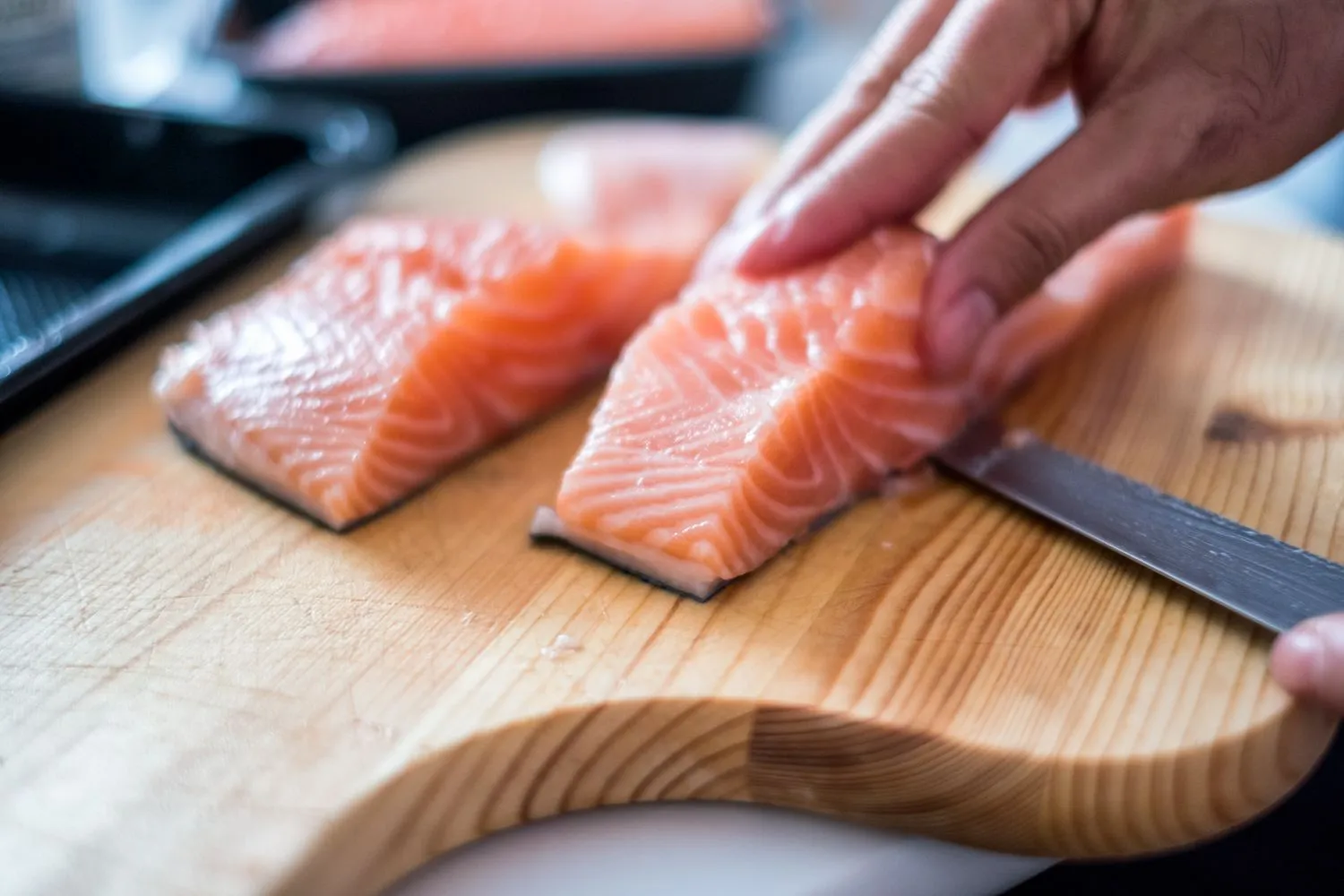Menopause Diet Insights: Foods for Hormonal Balance

Understanding the Menopause Diet
A menopause diet focuses on essential vitamins and protein sources that can help reduce side effects and promote wellness. This phase of life necessitates particular attention to nutrition, as it plays a vital role in hormonal balance.
Key Nutritional Elements
- Calcium: Important for bone health, especially as estrogen levels decline.
- Vitamin D: Aids calcium absorption; consider sun exposure and fortified foods.
- Protein: Supports muscle health and satiety; lean meats, legumes, and dairy are great sources.
- Omega-3 Fatty Acids: Can help manage mood swings and hot flashes; found in fish and flaxseeds.
Foods to Embrace and Avoid
- Embrace: Whole grains for stable energy levels.
- Avoid: Sugary snacks that can lead to mood swings.
- Embrace: Fruits and vegetables rich in antioxidants.
- Avoid: Caffeine and alcohol, as they may aggravate symptoms.
Making informed dietary choices can significantly ease some of the discomfort associated with menopause, enabling women to navigate this transition with greater comfort and health.
Disclaimer: The information provided on this site is for informational purposes only and is not intended as medical advice. We are not responsible for any actions taken based on the content of this site. Always consult a qualified healthcare provider for medical advice, diagnosis, and treatment. We source our news from reputable sources and provide links to the original articles. We do not endorse or assume responsibility for the accuracy of the information contained in external sources.
This article was prepared using information from open sources in accordance with the principles of Ethical Policy. The editorial team is not responsible for absolute accuracy, as it relies on data from the sources referenced.